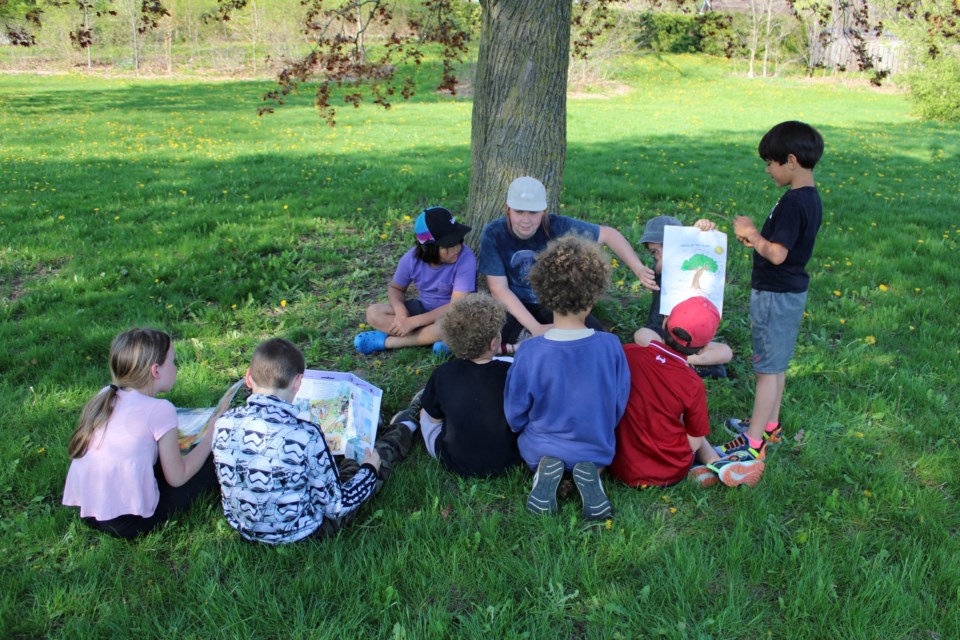Embracing Nature Nature and the outdoors have always played a quintessential role in Montessori education. Dr. Maria Montessori firmly believed in the idea that children should not be confined solely to indoor spaces but should interact, explore, and learn from the natural world around them. Let’s dive into the profound impact of outdoor learning in the Montessori approach.
Montessori’s Vision of Nature and Learning
Dr. Montessori regarded nature as an expansive classroom, rich with lessons about biology, physics, art, and even philosophy. She believed that the sensory experiences derived from nature are unparalleled and crucial for a child’s holistic development.
Key Aspects of Montessori Outdoor Learning
- Montessori Gardens: Many Montessori schools house gardens where children can learn about plants, nurture them, and witness the life cycle firsthand.
- Nature Walks: Regular excursions to nearby parks, forests, or natural habitats foster curiosity, observation skills, and a genuine appreciation for the environment.
- Practical Life Activities: Whether it’s sweeping fallen leaves, tending to animals, or planting seeds, outdoor tasks instill responsibility, motor skills, and understanding of ecosystems.
- Sensory Exploration: From the texture of sand to the sound of rustling leaves, nature offers a plethora of sensory experiences, vital for cognitive development.
- Nature Journals: Encouraging children to maintain nature diaries can hone their observational and expressive skills.
Benefits of Embracing Outdoor Learning
- Physical Development: Outdoor activities promote gross motor skills, coordination, and general health.
- Emotional Well-being: Nature has a calming, grounding effect, reducing stress and promoting emotional balance.
- Environmental Stewardship: Regular interactions with nature instill a sense of respect and responsibility toward the environment.
- Scientific Inquiry: Nature naturally incites questions, driving scientific inquiry and hands-on exploration.
The Larger Montessori Community and Nature
Promoting outdoor learning isn’t just restricted to individual classrooms. Broader Montessori communities and conferences often stress the importance of nature in education. The Children Change The World Montessori Conference in Canada, for instance, hosts sessions focused on integrating nature more profoundly in Montessori curriculums. For more on such sessions, browse through their detailed schedule at www.childrenchangetheworld.com/schedule.
Conclusion
Nature and Montessori education share a harmonious bond, each enriching the other. As we move forward in an increasingly digitized world, the need to reconnect children with the outdoors becomes even more paramount. Montessori education, with its focus on nature, offers a pathway to this essential connection.
Embracing Nature
Montessori Education in Calgary
 Tu Casa En Calgary
Tu Casa En Calgary

